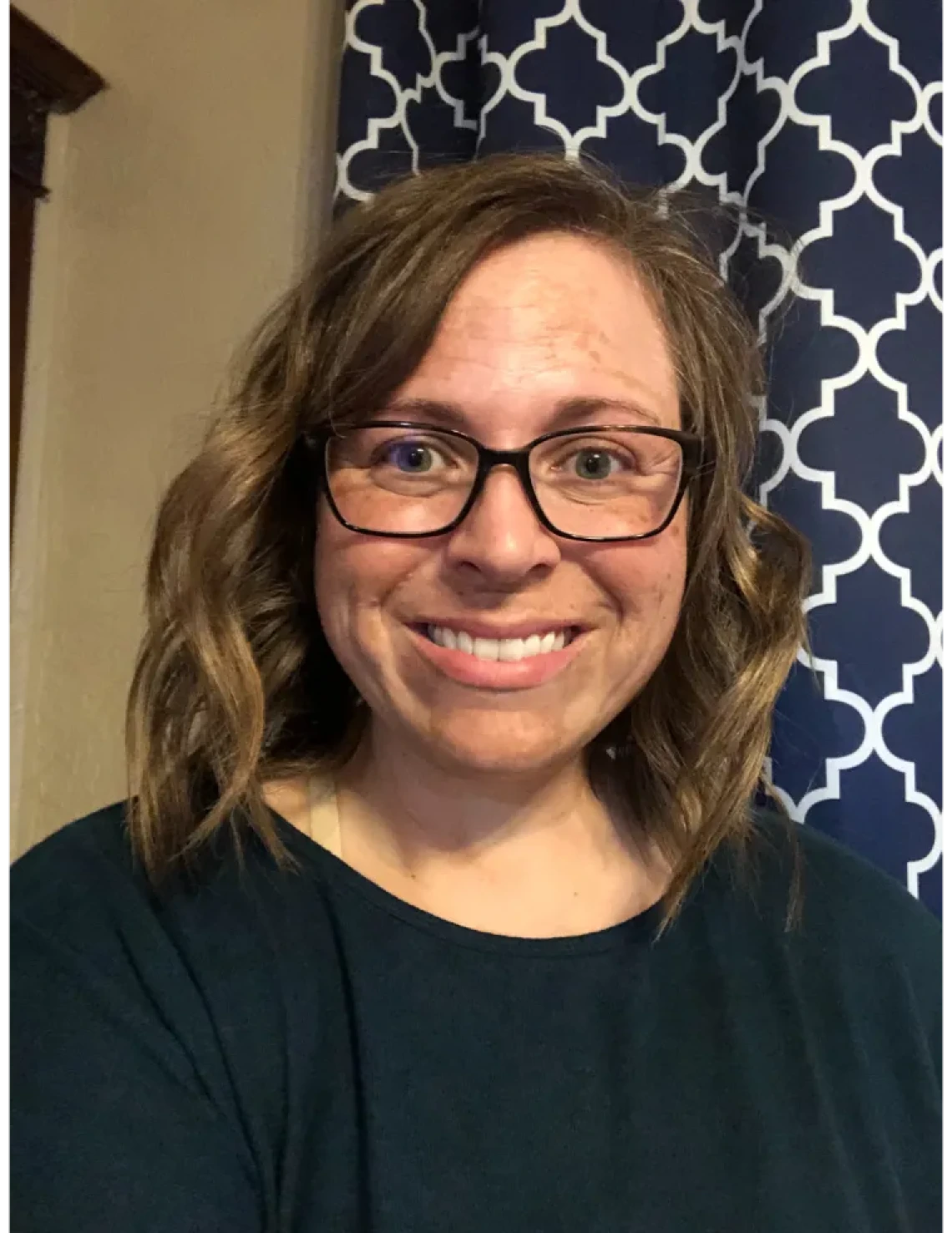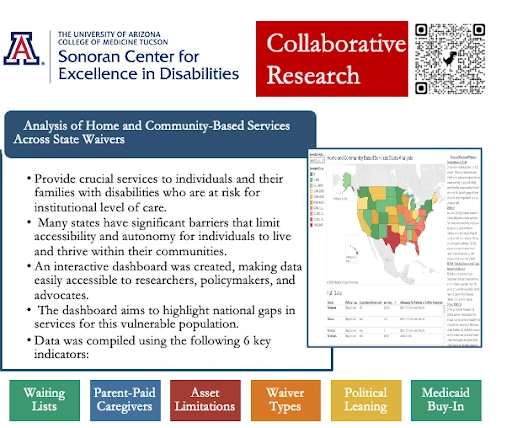The CACTI Blog: Taking a Family Science Perspective on Disability Policy Reform

By Jennifer Haggerty, 2024-2025 Undergraduate Certificate in Developmental Disabilities
It was an incredible honor to be a part of the 2024-2025 Sonoran Center training cohort for developmental disabilities. I graduated in Spring 2025, majoring in Human Development and Family Science with honors. My family dynamic is unique as I proudly identify as a “mom scholar”. I am a wife and mother of three children. My oldest son is nonverbal with an autism spectrum disorder. I wanted the opportunity to gain my degree in an area where I could take my personal experience as a mom and help other families like mine who are navigating the waters of raising special kids. Adding the certificate in developmental disabilities program to my bachelors degree really allowed me to combine my two interests of family science and disability.
Over the years our family has lived in multiple states: Arizona, Colorado and Illinois. I noticed that each state handles their Home and Community Based Service Waivers differently which has impacted my son’s access to essential services. Home and Community Based Services (HCBS) are crucial supports for individuals who may need institutional level of care. They serve a variety of populations, including older adults, people with intellectual or developmental disabilities (ID/DD), physical disabilities, or mental health and substance use disorders. This person-centered approach allows for individual autonomy to live within their family homes and communities. When planning for our son’s transition into adulthood, we looked for which state had the best resources for his long-term health needs. Arizona’s unique Demonstrative 1115 waiver, which has no waiting lists and allows parents to be paid caregivers, is what drew our family and many others to our wonderful state.
As a part of the certificate program, we each participate in 2 units of disability-directed research. I used this opportunity to explore the different HCBS waivers in relationship to people with autism spectrum disorder across the United States. Federal guidelines are written to allow each state to decide how to use its funds to support long term care systems. Some states provide their support through their own state Medicaid plans while others target specific groups of people through waiver programs.

Each state is different and some are better than others on how well they are supporting these vulnerable populations. I collected data on each state in regards to the following search criteria: types of waivers, waiting lists, parents as paid caregivers, Medicaid buy-in options, Medicaid expansion and asset limitations. I compiled this data and created an interactive HCBS waiver dashboard that allows users to quickly cross-reference the specific data related to each state.
This research project gave me a great deal of insight into disability policy and government systems. I also gained valuable skills in gathering data and using it to create and code a dashboard that can be used for real life applications for future research, policy makers, advocates and families. I learned that there are still many barriers to services for individuals with I/DD across the United States. Also, I learned that while Arizona has been recognized for being a top state in supporting our disability community, how other states handle their HCBS waivers has a big impact on our own state government and its budget limitations. This project serves as evidence of the growing need for a national disability policy reform that includes a family systems perspective and increased funding for Medicaid, so that individuals with autism can not only live but thrive in their communities.

It is important to me to use these educational opportunities informed by my personal experiences to create healthy, stable families who are mentally and financially resourced to provide quality care.
The CACTI Blog features the voices of our interdisciplinary trainees and Community Advisory Council members as they highlight diverse images of people with disabilities and provide community information and advocacy on disability issues. Check Out The CACTI Blog
